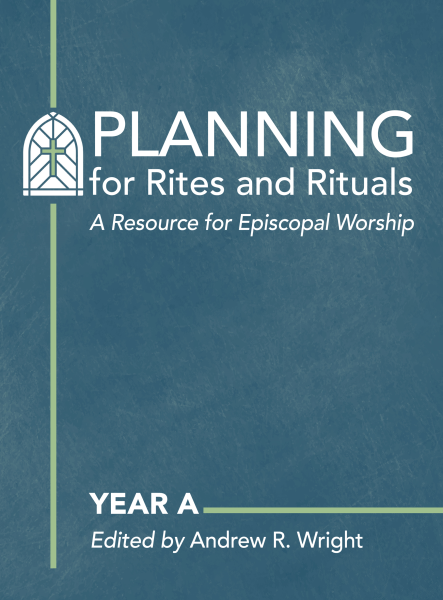At 192 Books last week, a group of us went from the seminary to hear Colm Toibin read from several of his books. When one of our number asked him how he came to write The Testament of Mary, he explained that one Friday night whilst everyone was out dancing, he stayed at home and read the Introduction to E.V. Rieu's (1953) translation "The Four Gospels." Of John, the author of the fourth gospel, E.V. Rieu writes in the Introduction (p xxix), "It is not unlikely that he read Euripides and Plato." Deleting the words " not un(likely)," Toibin imagined that if John had indeed read Euripides and Plato, (at our event, he said "Aeschylus") then the world of Greek tragedy including tragic women opened John's gospel to his imagination and he considered how Mary (in John?) might be a figure like Antigone or Medea.
This makes sense of much of the book. Where a Jewish Mary once went to a synagogue, Toibin's Mary, living in Ephesus, at the end of the book goes with other women to the temple of Artemis. Her sensibilities are not those of the gospel writers who pester her to say things about Jesus. (Toibin says that on Mary the gospels were no help.) "They will thrive and prevail and I will die," she says. "If you want witnesses," she says to them, "then I am one and I can tell you now , when you say that he redeemed the world, I will say that it was not worth it. It was not worth it."
This makes sense of much of the book. Where a Jewish Mary once went to a synagogue, Toibin's Mary, living in Ephesus, at the end of the book goes with other women to the temple of Artemis. Her sensibilities are not those of the gospel writers who pester her to say things about Jesus. (Toibin says that on Mary the gospels were no help.) "They will thrive and prevail and I will die," she says. "If you want witnesses," she says to them, "then I am one and I can tell you now , when you say that he redeemed the world, I will say that it was not worth it. It was not worth it."

No comments:
Post a Comment